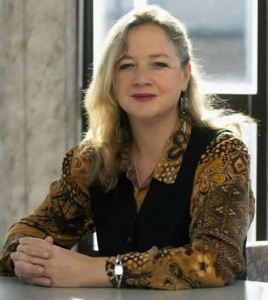-
Advocacy Theme
-
Tags
- Abortion
- Adoption
- Caregiving
- CEDAW
- Disability
- Domestic Violence
- Domestic Workers
- Harassment
- Healthcare
- Housing
- International/Regional Work
- Maintenance
- Media
- Migrant Spouses
- Migrant Workers
- Muslim Law
- National budget
- Parental Leave
- Parenthood
- Polygamy
- Population
- Race and religion
- Sexual Violence
- Sexuality Education
- Single Parents
- Social Support
- Sterilisation
- Women's Charter
Dialogue & dinner with women’s rights expert Laurel Weldon
August 18th, 2012 | Events, Gender-based Violence, News
 Professor Laurel Weldon is an expert on Women’s Rights and Gender Equality.
Professor Laurel Weldon is an expert on Women’s Rights and Gender Equality.
On Wednesday, 12 September she will join us for a dialogue on issues ranging from violence against women to the politics of intersectionality.
Details
Date: Wednesday, 12 September 2012
Time: 7.00pm – 9.00pm (Dinner will be provided)
Venue: AWARE Centre (Block 5 Dover Crescent #01-22)
About the speaker
S. Laurel Weldon is Associate Professor of Political Science at Purdue University. She is the author of When Protest Makes Policy: How Social Movements Represent Disadvantaged Groups (University of Michigan Press 2010 forthcoming) and Protest, Policy and the Problem of Violence Against Women: A Cross-National Comparison (University of Pittsburgh 2002), as well as articles in the Journal of Politics, Political Research Quarterly, Perspectives on Politics, Politics & Gender, and the International Journal of Feminist Politics.
She is also co-editor of the forthcoming Oxford Handbook on Politics and Gender (with Georgina Waylen, Karen Celis, and Johanna Kantola – under contract with Oxford University Press). With Mala Htun of the New School, she is currently involved in a project on States and Sex Equality: Why do Governments Promote Women’s Rights?, which is funded by the National Science Foundation. She serves on the council of the American Political Science Association (APSA) and is currently the President of the Women and Politics Research Section of APSA.
This dialogue session will include discussion of the following issues:
- A global analysis of women’s rights (including violence against women, family law, reproductive rights, parental leave, employment law), childcare, women’s representation (in government, civil society etc): An overview of how women’s rights vary in these areas over time (1975-2005), across countries, and why.
- Government action on violence against women: How do different governments respond to this problem; current successes and policy challenges
- The politics of intersectionality: How to analyze, and organize around, differences among women and men
This event is free, and open to AWARE members and volunteers. Please register here.



